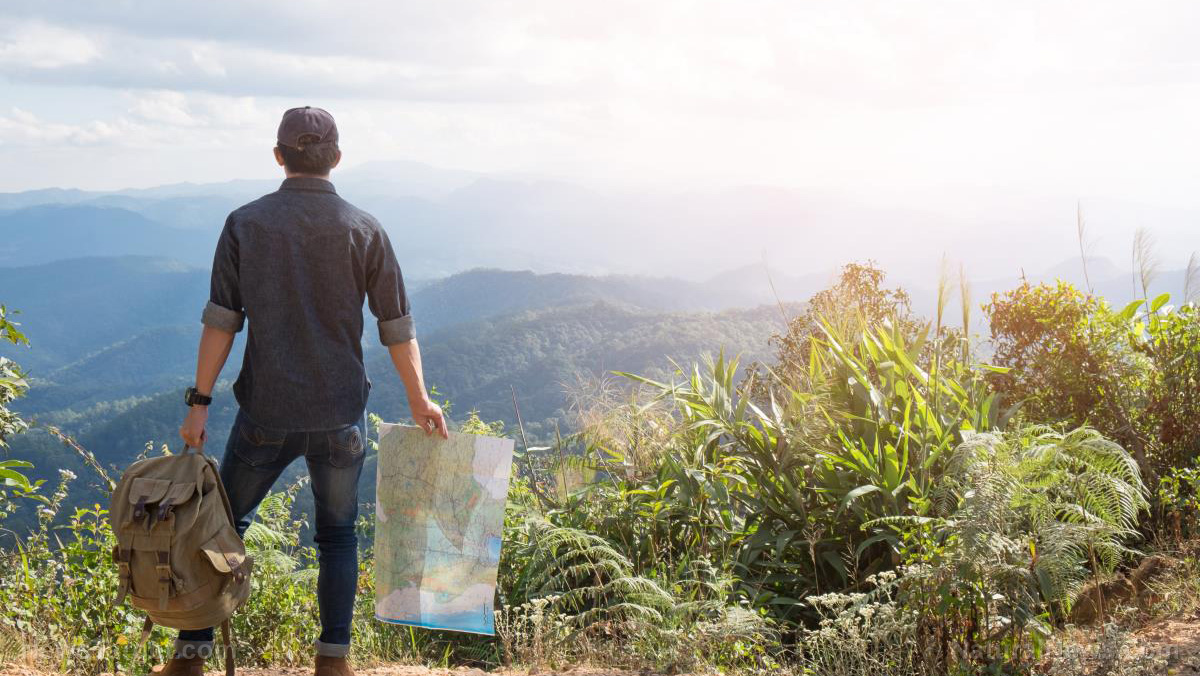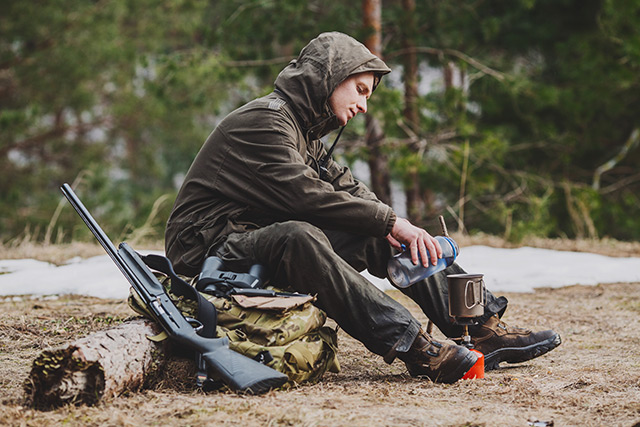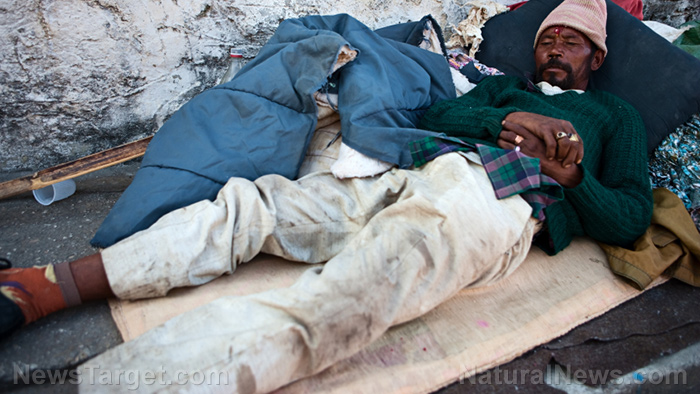Avoid these 5 deadly mistakes that even experienced preppers make
06/23/2018 / By Zoey Sky

When it comes to prepping, it’s important to strike a balance between being disciplined enough to create a plan and being able to improvise when the situation calls for it.
However, throughout the years some survivalists have lost sight of what prepping truly means. Instead of welcoming beginners, some experienced preppers tend to judge them for having different opinions.
Because of these misunderstandings and those who intentionally spread false information, the survival community sometimes struggles. To prevent this, it’s important to know about the mistakes that you have to avoid so you can become a more experienced prepper. (h/t to TheOrganicPrepper.com)
What not to do as a prepper
Preppers are always careful, and avoiding these mistakes might just save your life.
- Meticulously creating a plan and following it to the letter – It’s important to plan ahead, but when prepping, you have to get ready for different scenarios. Don’t feel like you only have to prepare for one specific scenario, like an economic collapse. You also have to prepare for other SHTF scenarios so you effectively cover all the bases. While it’s hard to predict exactly what can happen, try to consider outcomes that are common among different scenarios, like societal collapse or an outbreak of violence.
- Forgetting the basics – In the heat of over-preparing, you might end up forgetting the important stuff like a potable water source. Instead of preparing for unlikely scenarios, like having to hide from a helicopter that’s chasing you, read up on some important survival skills. When you’re stranded in the middle of nowhere, you’ll need to know how to make a shelter, build a fire, and how to forage. You don’t need to know how to fool a pilot in a helicopter. Don’t be like preppers who prepare “from the end.” Prepare “from the beginning” so you’re always ready for what is likely to happen. (Related: Emergency preparedness: 7 Common mistakes preppers often make.)
- Underestimating the level of violence – When it comes to violence, all bets are off. However, you can prepare by learning self-defense and trying to master several weapons. Remember that SHTF violence involves several factors, such as physical and mental pressure. Violence is always intense and confusing, so the best thing to do is to practice your “violence skills” under simulated pressure. You won’t always be calm and composed when someone attacks you so you have to know how to use your skills even when you’re tired, sleepy, or scared.
- Not thinking in terms of “new world, new rules” – When SHTF, all hell could, and probably will, break loose. Most things that you think of as “normal,” like order and quiet, could be gone forever so you have to consider the possibility that things will change a lot in a survival scenario. The only way to prepare for the day SHTF is to realize that people will usually show their true colors when they become very desperate.
- Thinking, “That won’t happen here.” – No matter how quiet and normal things are today, things can get horrible real fast when SHTF. Accepting this and making the necessary preparations can help you protect yourself and your loved ones. Don’t forget to keep your family updated on your prepping plans so they’ll know what to do during a survival scenario. Give them their own tasks so they’ll know that staying prepared for different scenarios is crucial to keeping everyone safe. And remind them that your plans must be kept a secret, especially from people you don’t really know or trust. When SHTF, you need to stay on your toes.
Sponsored solution from the Health Ranger Store: Lab-verified Nascent Iodine solution is a dietary supplement that provides your body with supplemental iodine to help protect your thyroid during radiation exposure. Nuclear accidents such as Fukushima (or nuclear war) can expose your body to radioactive iodine-131, a dangerous radioisotope. Pre-loading your system with stable iodine occupies the iodine receptor sites on your organs, causing your body to naturally expel radioactive iodine you may have been exposed to through air, food, water or milk products. This defensive strategy is recommended by nearly all health authorities, worldwide, including the Nuclear Regulatory Commission. Discover more at this link.
With these tips in mind, you can start prepping for different scenarios that can and might happen when things go south. Visit Preparedness.news to learn more.
Sources include:
Tagged Under: bug in, bug out, Collapse, disaster, dos and don'ts, guides, how-to, off grid, preparedness, prepper, prepping mistakes, SHTF, survival, survival skills, survival tools, survivalist, tips, what not to do




















